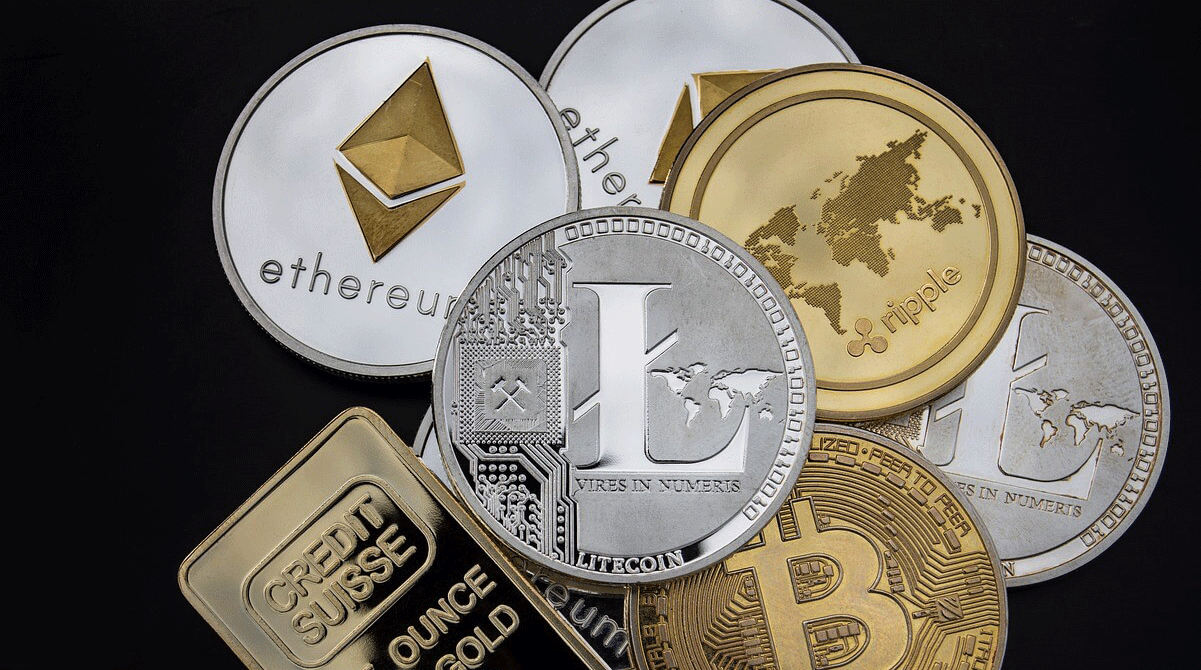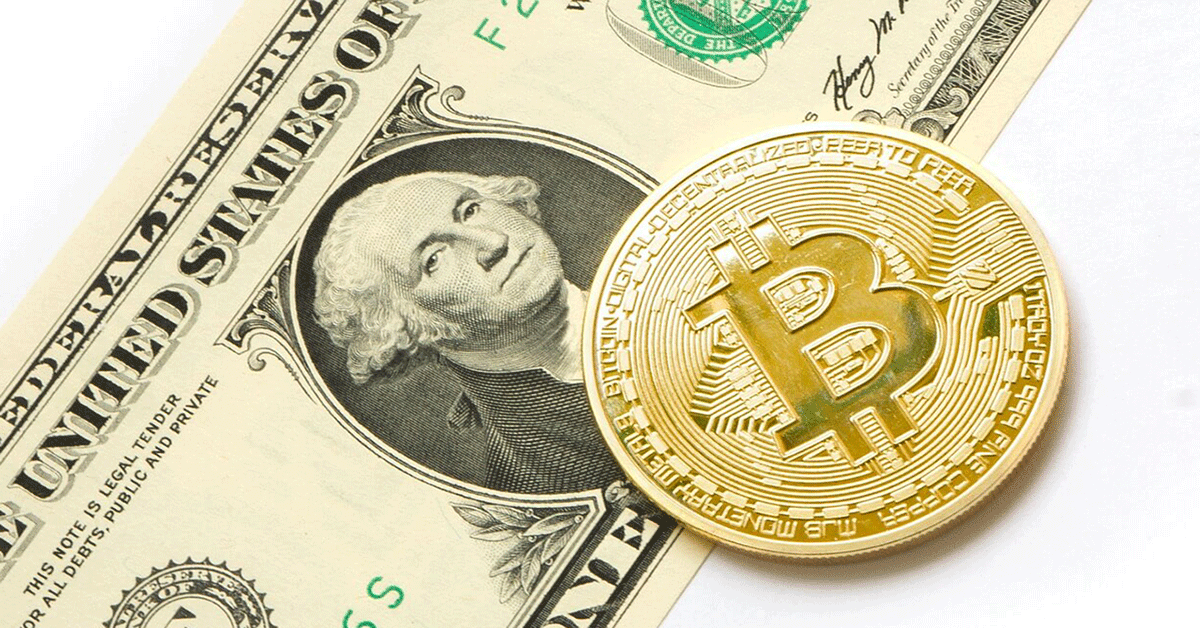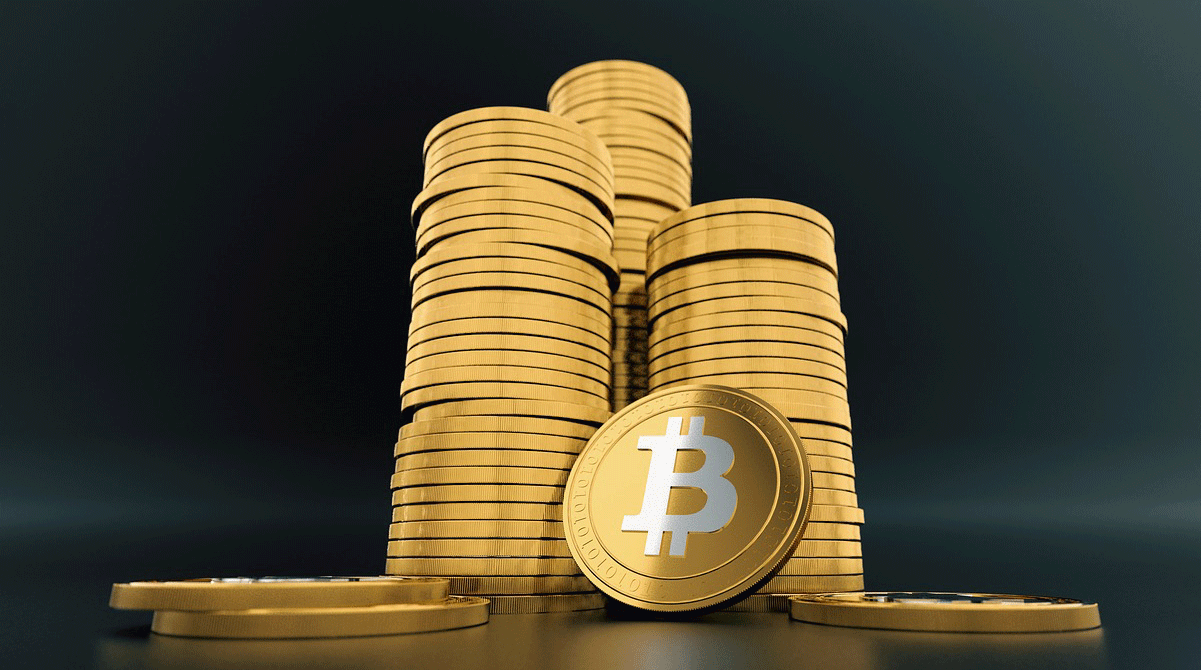Bitcoin And Cryptocurrencies Basics
Date: 2021-05-30
Bitcoin is a digital currency that was created in 2009. This form of cryptocurrency has been around for almost 10 years, and it's currently the most popular form of digital currencies. There are many other forms of cryptocurrencies out there, but bitcoin remains to be the best-known. Bitcoin can be used as a means for payments between two individuals or businesses without any central authority involvement! Isn't this exciting? This blog post will talk about the basics of Bitcoin and cryptocurrencies. We'll explore what it is, bitcoin price volatility, pros and cons.
What is Bitcoin?
Bitcoin is a form of cryptocurrency. A cryptocurrency is an online form of currency that can be used to purchase goods and services from the internet or in person-to-person transactions. Bitcoin was created by Satoshi Nakamoto, who wanted to create a global peer-to-peer payment system that doesn't involve any central authority like banks, governments, or corporations. This means that Bitcoin cannot be controlled by any single entity, and it's not tied to the value of a country's currency.

Bitcoin is created through mining which involves solving complex math problems with computers to process transactions on the network. These computing power users are called "miners." Bitcoins can also be obtained in exchange for fiat money like US dollars from individuals who want to sell them as well as businesses that accept bitcoin payments online. The price of bitcoins fluctuates because they're traded freely on exchanges between buyers and sellers around the world. When miners receive new bitcoins, those coins will become more difficult to mine than others - this keeps inflation at bay!
Bitcoin price volatility
Bitcoin prices are always changing. In the last year, Bitcoin has gone from being worth $1180 to a high of roughly $19000 and back down again. This volatility is one reason some believe that Bitcoin may not be the best investment for retirement savings, despite its popularity among younger people as an investment vehicle.
One major reason this fluctuation could be seen as problematic when it comes to investments like retirement savings is that many other investment options also experience similar fluctuations on any given day without having such large swings up or down over time. For example, it has fluctuated between gains and losses of less than one percent over the last year on any given day, while Bitcoin's swings have been as high as 20%.
This large price volatility is something investors may want to consider before deciding whether or not they should invest in bitcoin; it can be a good investment option, but there are other choices that may prove safer, so you don't need to risk your retirement savings.
Because of price volatility, you may need to convert bitcoin and USD, or vice versa for that you can use a bitcoin converter to exchange between different currencies.
The Pros of Bitcoin:
• Transfers are instantaneous - meaning you would receive your purchase immediately after clicking "confirm the order." There is no waiting time like with credit cards, where there might be an approval process over several days.
• It has a limited supply that will eventually run out; when this happens, the bitcoin market could collapse.
• It is a safer way to transfer money without worrying about the possibility of your information being stolen.
• The currency can be divided into smaller units - meaning that you could pay for an item as small as .0025 bitcoin, or even one-thousandth of a penny.

• Fees are much lower than other forms of payment such as credit cards and PayPal; this means it will cost less to make purchases on sites like Amazon when using bitcoins instead of another form of payment.
• Bitcoin can be used to purchase items anonymously. This is because it is somewhat difficult, although not impossible, for a third party to connect your personal identity with an address unless they control or know about some of your private information. It does this by using public ledgers that show who owns what bitcoins and where their money has come from; these are called "blockchains."
• It also provides more privacy than other forms of online payment because it is possible to use bitcoins without connecting a name or other personal information with the transaction.
• It can also be used as an investment vehicle, and many people are using bitcoin in this way by buying low and selling high (buying when demand for bitcoins is higher than supply, then selling when there's more supply).
• The number of businesses accepting Bitcoin has grown substantially over time; now, major companies like Microsoft accept payment via Bitcoin.
• You don't have to give your social security number or any other personal information that you aren't comfortable with when making a purchase.
• There are no chargebacks like credit card fraud, which means merchants cannot get their money back after they've already given it away. This also prevents people from stealing purchases made by somebody else using stolen cards (i.e., if someone's credit card gets stolen). However, this does not mean bitcoin transactions are irreversible - they just haven't been hacked yet!
Cons of Bitcoin
• Bitcoin is not backed by any government, which means it can be extremely volatile in terms of pricing and value.
• Sudden changes in government policy can cause a large value decrease, as is the case with China's ban on cryptocurrency exchanges.
• Since Bitcoin does not have any central authority or bank, it means that if users lose their private keys (which are needed to access and spend their bitcoins), there will be no entity to help get them back. They would need to seek out reputable bitcoin wallet providers who could give them new ones for a fee.
• Bitcoin is not a physical currency, which means that people cannot hold it in their hands or put it into their wallets. It can only be stored digitally on an internet-connected device. This makes Bitcoin very different from traditional currencies and often difficult to understand for new users.

• Since the value of bitcoin fluctuates so dramatically, many companies which accept bitcoin as payment may convert them immediately to fiat money (USD) instead of holding onto them until they have reached a certain amount worth keeping for themselves.
Final words
The process for mining bitcoins consumes large amounts of power, so much so that some people have argued there's no point because electricity production produces more carbon dioxide than all transportation on earth combined. This also makes using Bitcoin to buy anything with an environmental impact irresponsible at best and destructive at worst. If you want to do something good for the environment, don't hold onto your Bitcoins! Send them back into circulation or spend them before they lose their value entirely (if they haven't already).
